IDD Insight
A new Chinese law requiring all foreign vessels to notify maritime authorities about its name, call sign, current position, next port of call, and estimated time of arrival before entering ‘Chinese territorial waters,’ will prove to be the first serious test of the Quad or the Quadrilateral a grouping comprising US, Australia, Japan, and India.
According to the new Chinese law that came into force on September 1, five types of foreign vessels — submersibles, nuclear-powered vessels, ships carrying radioactive materials, ships carrying bulk oil, chemicals, liquefied gas or other toxic substances, as well the seemingly catch-all ‘vessels that may endanger China’s maritime traffic safety’ — will be required by law to provide detailed information to state authorities on entering ‘Chinese territorial waters’, according to a notice released by China’s maritime safety authorities on August 27.

Devil is in the detail what are China’s waters
The devil is of course in the detail, since what constitutes ‘Chinese territorial waters’ is contested, Beijing asserts sovereignty over vast swathes of the South China Sea, under its widely contested and far-reaching nine-dash line, by building artificial islands as well as disputed islands in the East China Sea.
The Taipei Times quoting experts called the new law a ‘ticking time bomb.’ The UN Convention on the Law of the Sea, territorial waters are defined as the 12 nautical miles (22.2km) of sea extending from the terrestrial territory, with the “right of innocent passage” reserved for vessels moving through territorial waters in a manner that does not threaten the security of the coastal state.
Beijing considers its maritime jurisdiction to encompass more than just its coastal waters and includes 12 nautical miles of the sea surrounding the artificial reefs it has constructed in the South China Sea, giving it an excuse to respond to ships passing through this area or to freedom of navigation exercises carried out by other nations.
Can Beijing enforce it
The controversial new law, therefore, begs a question how does China intend to enforce it. Pacific powers like US and Japan are unlikely to comply. And, that leads to the more critical question of how will Beijing intend to respond to such alleged violations of the already controversial law it has passed? China has not accepted an international rules based order, and for Beijing to expect that its one sided rules would be accepted, was preposterous.
While China has been upgrading its Navy over the years launching aircraft carriers, empowering and strengthening its coast guard many in the strategic community believe that China is less likely to start enforcing the law but is keener on building a body of evidence to try and develop a body of evidence to strengthen its claim over the region in the years to come, it nonetheless holds the potential for a full-blown conflict.
President Xi Jinping addressing the country to mark the 100th anniversary of the Chinese Communist Party had ominously warned that countries that try to ‘bully’ China would ‘face broken heads’ and ‘bloodshed’. And, in July this year US Secretary of Defence Llyod Austin speaking in Singapore said while it didn’t want a conflict with China, it would stand firm on enforcing freedom of navigation and international protocols.
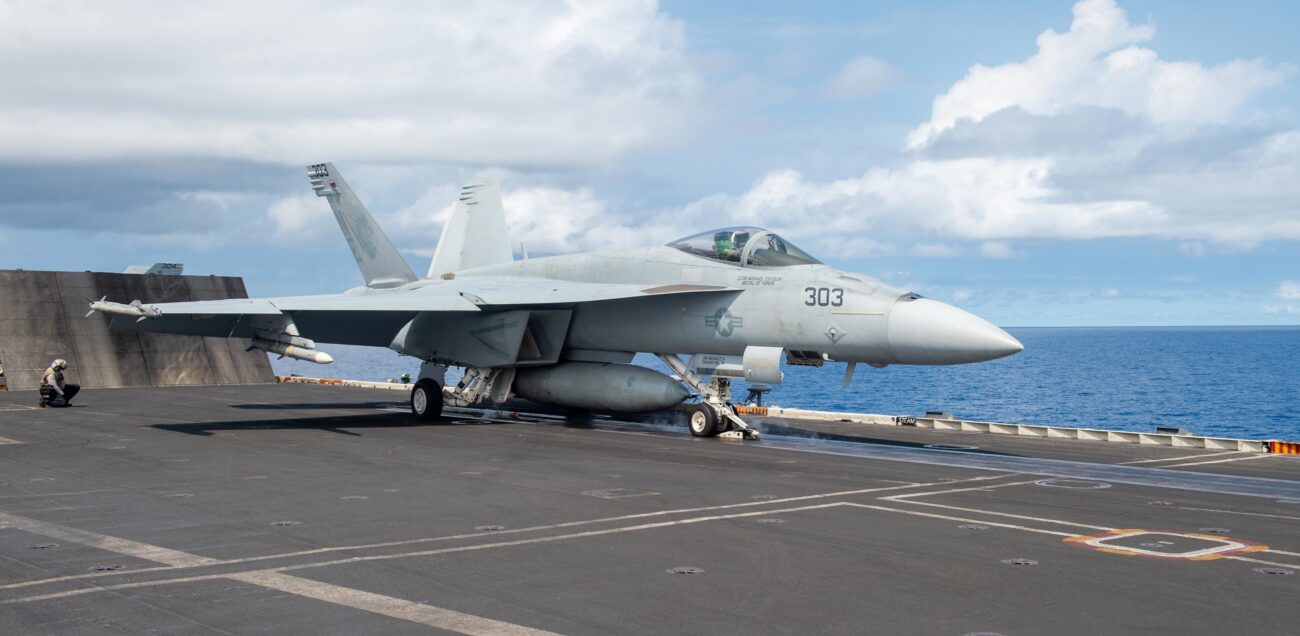
Challenge to Quad
And while Quad appears to be the only grouping to call China’s bluff not all is good with the grouping itself. India is facing one of the worst border disputes with China in which carefully worked out border management protocols between both sides have failed, leading to soldiers being killed and shots being fired and each side amassing thousands of troops, fighters, missiles, tanks, and artillery guns have refused invites to patrol the disputed South China Sea along with the U.S although it did send its warships on solo missions.
Similarly, although Australia under the conservative government has joined the Quad its deep trade relations with China leaves it vulnerable to Chinese countervailing measures. Read here what the US thinks is freedom of navigation
Under the UN convention, waters between Taiwan and China are considered an international strait through which freedom of navigation “solely for the purpose of continuous and expeditious transit of the strait” is guaranteed. US warships have transited eight times through the straits since Joe Biden took over the US President. The US Navy and Air Force also conducted such missions in the disputed South China Sea to assert freedom of navigation challenging China’s claims of sovereignty over the area. Finally, despite the much criticism of the US’ after its withdrawal from Afghanistan it still remains the primary world economy and military power it will perhaps need, to sail the extra mile to convince other Quad members to join in to challenge the new Chinese law.






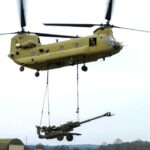





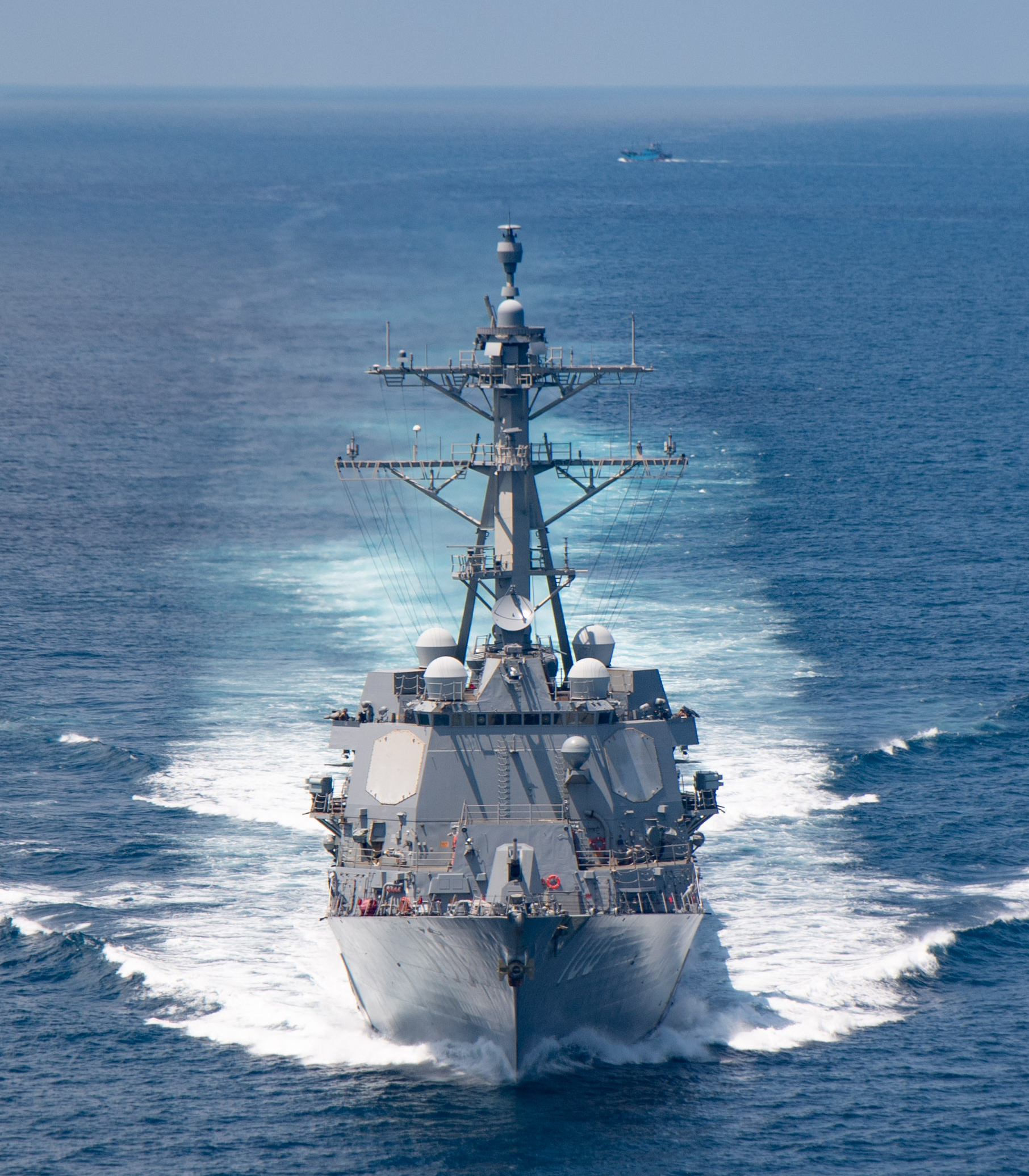

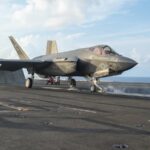


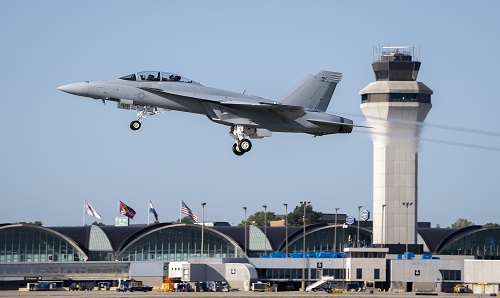
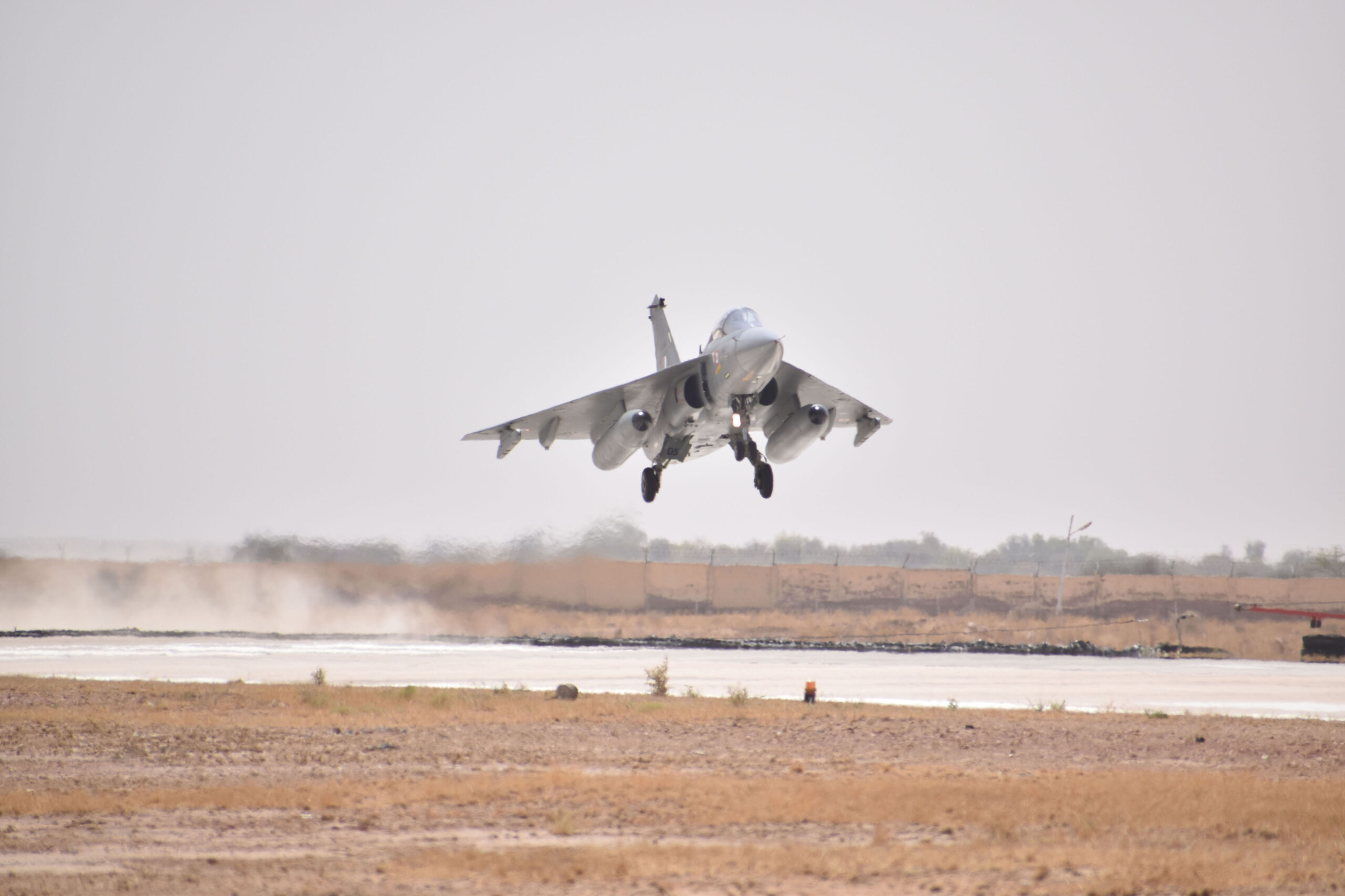





Recent Comments